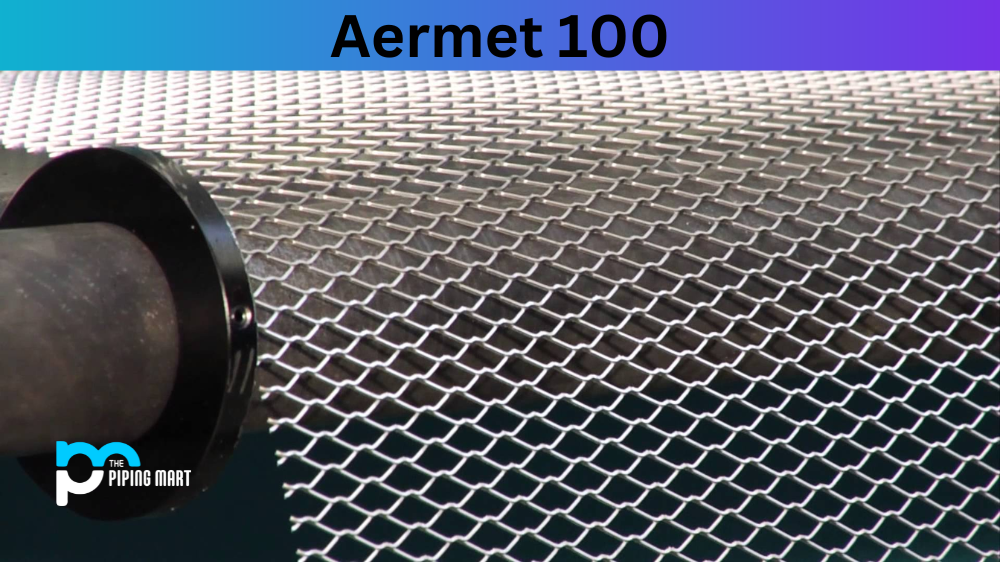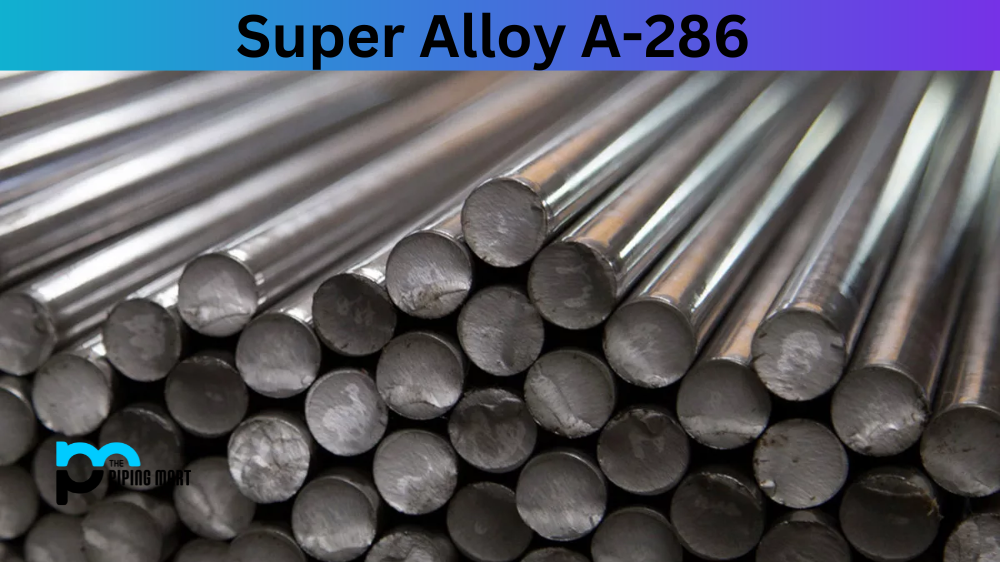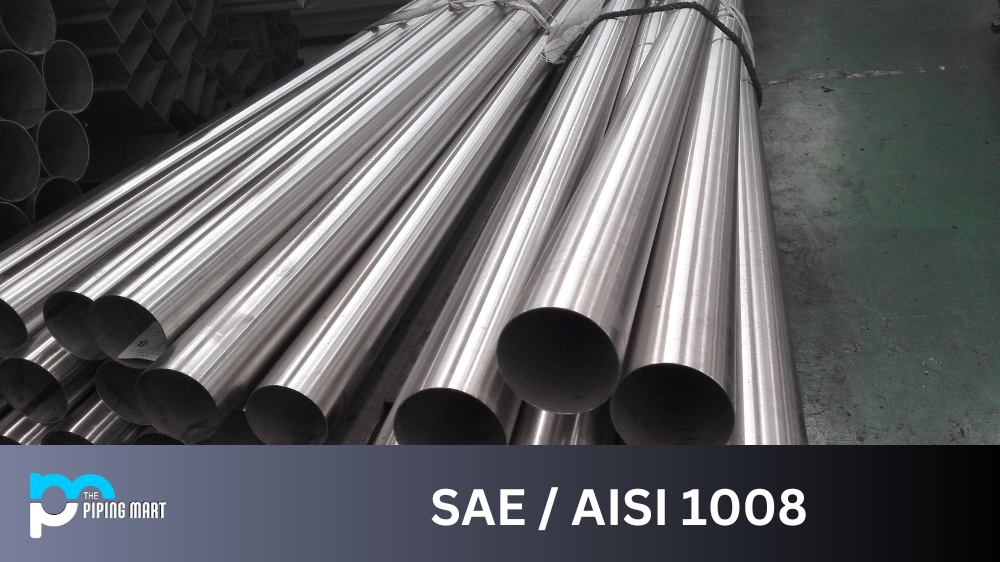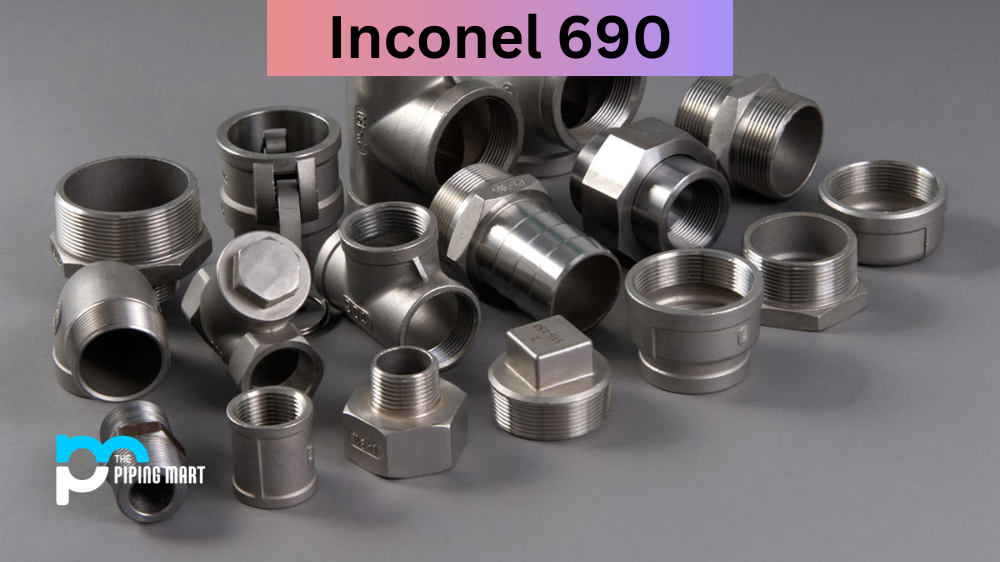Aermet 100 is an ultra-high-strength steel alloy used in the aerospace, defence, and automotive industries. This alloy is renowned for its exceptional mechanical properties, especially strength, toughness, and fatigue resistance. Aermet 100 is often chosen for its superior performance in harsh environments, including high temperatures and corrosive atmospheres. In this blog post, we will delve into the composition, properties, uses, machining, and welding of Aermet 100.
Aermet 100 Composition:
Aermet 100 is a steel alloy of iron, nickel, cobalt, chromium, molybdenum, and titanium. Its chemical composition makes it highly resistant to wear and tear and fatigue. Cobalt and nickel enhance its strength, while adding molybdenum and titanium improves its wear resistance. This alloy is commonly produced using vacuum arc remelting (VAR), which removes impurities and ensures excellent material consistency.
| Symbol | Element | Nominal % |
|---|---|---|
| C | Carbon | 0.23 |
| Co | Cobalt | 13.40 |
| Cr | Chromium | 3.10 |
| Ni | Nickel | 11.10 |
| Mo | Molybdenum | 1.20 |
| Ti | Titanium | .05 max |
| Fe | Iron | Balance |
Aermet 100 Mechanical Properties:
Aermet 100 has exceptional mechanical properties, including high strength, toughness, and fatigue resistance. It has a tensile strength of 280 ksi (1931 MPa), a yield strength of 240 ksi (1655 MPa), and an elongation of 10%. Its hardness ranges from 48 to 52 HRC (Rockwell C). The extraordinary fatigue life of Aermet 100 makes it ideal for critical applications in the aerospace and defence industries.
- hardness and strength
- exceptional ductility and toughness
- high fracture toughness
- excellent fatigue and stress corrosion cracking resistance
- high fatigue strength
Aermet 100 Physical Properties:
Aermet 100 has a density of 7.85 g/cm3, and a specific heat of 0.119 J/g K. Its thermal conductivity is 24 W/m K, and its coefficient of thermal expansion is 11.5 µm/m K. The melting point of Aermet 100 is around 1450°C.
| Property | ||
|---|---|---|
| Density, lb /in3 | .285 | |
| Modulus of Elasticity | 28.2 x 103 ksi | |
| Electrical Resistivity | 70.0° F | 259.0 ohm-cir-mil/ft |
| Critical Temperature | AC1 – 1065° F | AC3 – 1525° F |
| Mean Co of Thermal Expansion | Annealed | Heat Treated |
| 600.0° F | 6.01 x 10-6 in/in/° F | 6.08 x 10-6 in/in/° F |
Aermet 100 Uses:
Aermet 100 is used in various industrial applications that demand high strength, toughness, and fatigue resistance. This alloy is used in the aerospace industry for aircraft landing gear, missile and rocket components, and high-pressure hydraulic tubing. In the defence industry, Aermet 100 is used for armour plates, bulletproof vests, and military vehicles. In the automotive industry, it is used for drivetrain components, suspension parts, and racing car components.
Aermet 100 Corrosion Resistance:
Aermet 100 is highly resistant to corrosion, oxidation, and fatigue. Its exceptional corrosion resistance makes it ideal for applications in harsh environments, such as saltwater exposure. This alloy resists stress corrosion cracking, erosion, and hydrogen embrittlement, making it an excellent choice for marine and offshore applications.
Aermet 100 Heat Treatment:
Aermet 100 can be heat-treated to achieve optimal properties. The heat treatment involves solution annealing at 1010°C for two hours, followed by air cooling. The alloy can then be tempered at 595°C to enhance its toughness and strength.
Aermet 100 Machining:
Aermet 100 is a complex and tough material to machine, and special considerations should be taken to ensure its effective manufacturing. It is recommended to use carbide tools with a positive rake angle and generous coolant flow. Additionally, the cutting speed should be reduced to avoid material overheating. Proper machining of Aermet 100 results in high-quality finished parts with exceptional mechanical properties.
Aermet 100 Welding:
Aermet 100 is weldable using various welding techniques, including gas tungsten arc welding (GTAW) and plasma arc welding (PAW). It is essential to use a high-strength filler metal to match the mechanical properties of the base material. Adequate preparation and preheating of the material are critical to avoid the formation of brittle phases and cracks during welding.
Conclusion:
Aermet 100 is a premium steel alloy with exceptional mechanical properties and high resistance to corrosion, fatigue, and wear resistance. The chemical composition of Aermet 100 makes it ideal for critical applications in the aerospace, defence, and automotive industries. Its unique combination of strength, toughness, and fatigue resistance makes it a highly sought-after material for high-performance applications. Proper machining and welding of Aermet 100 are critical to achieving optimal properties and exceptional finished products.

Pipingmart is a B2B portal that specializes in metal, industrial and piping items. Additionally, we share the latest information and information about materials, products and various types of grades to assist businesses that are involved in this business.




